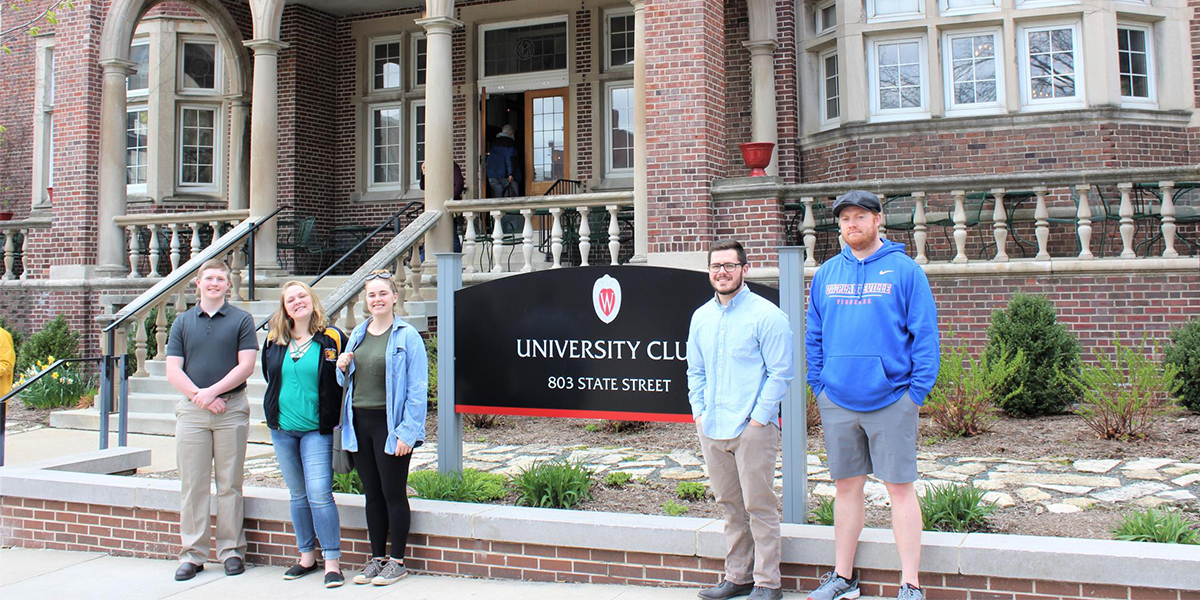
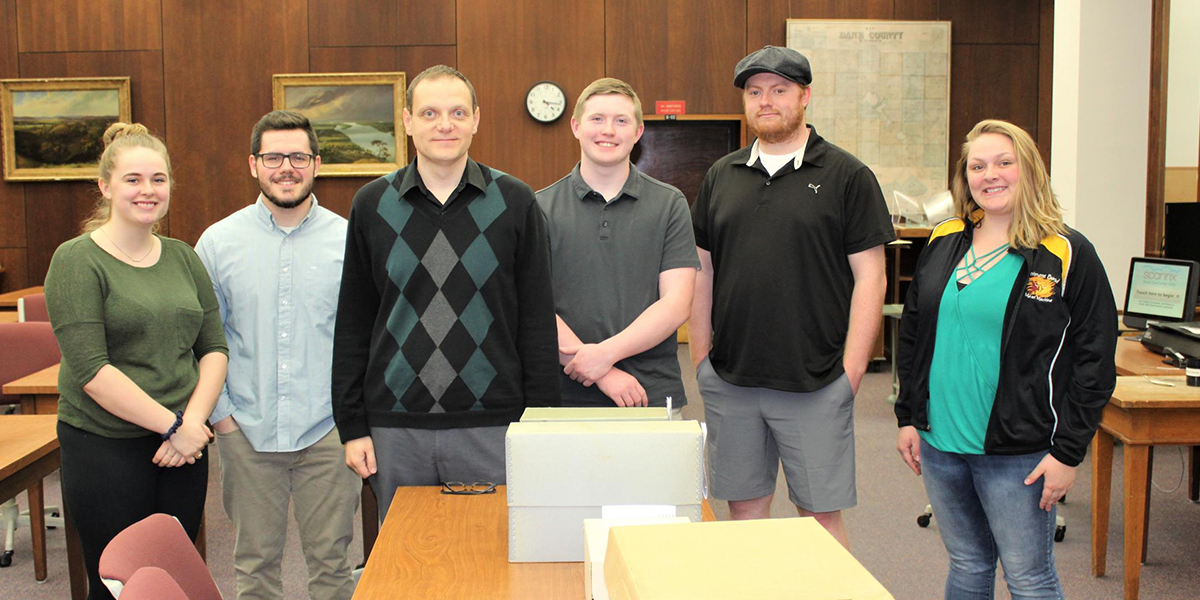
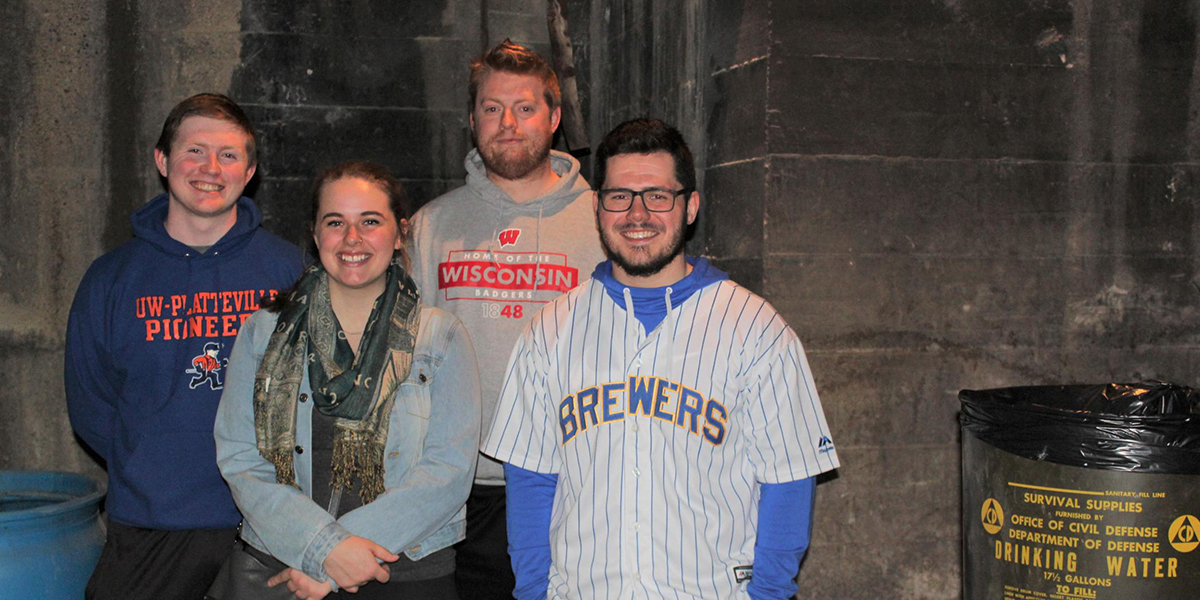
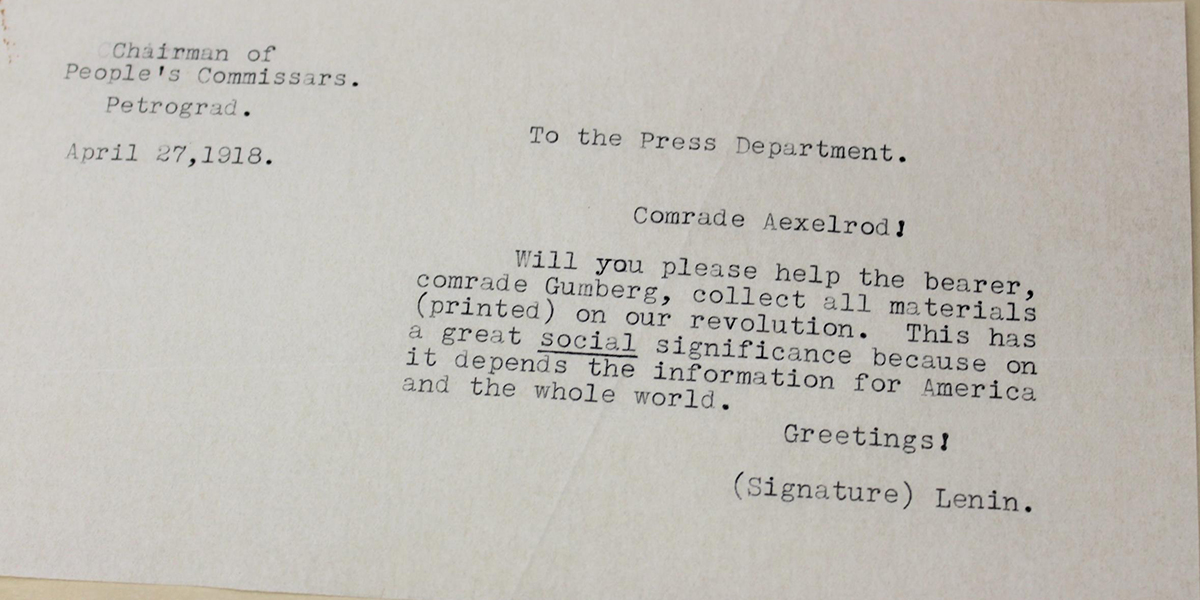
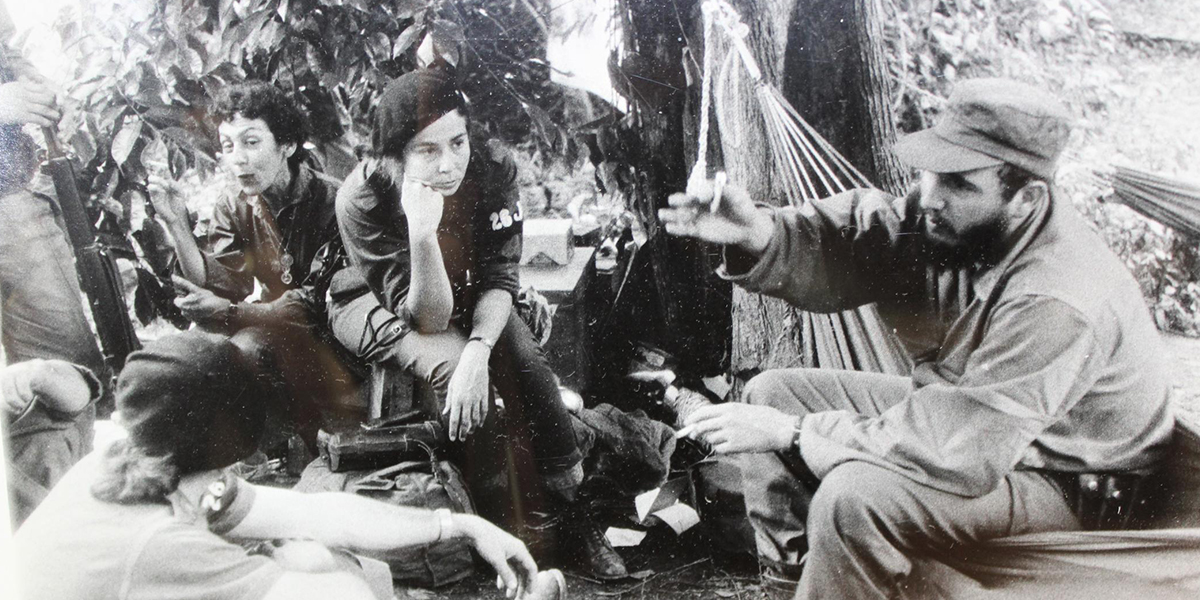
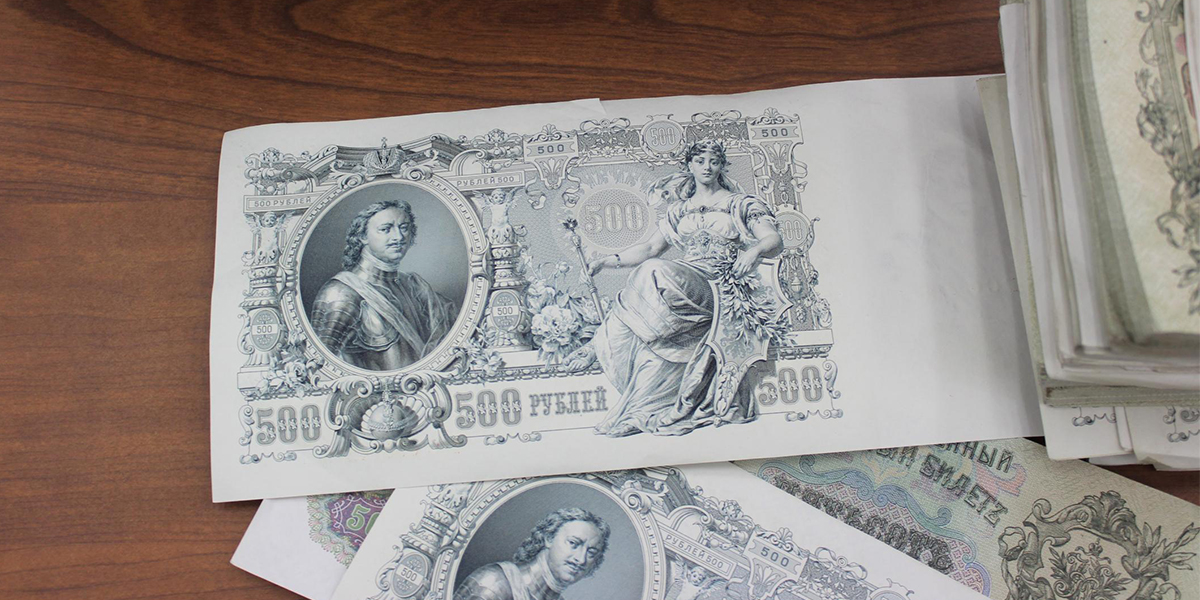
For many, the mention of the term “Cold War” elicits images of distant past in which socialist and capitalist superpowers fought far-away battles for global supremacy through space exploration, nuclear missile technology, local insurgencies and espionage. Yet, global Cold War did not only unfold in Cuba, Vietnam, Moscow or Washington – it also affected Wisconsin.
This spring, Dr. Andrey Ivanov, assistant professor of history at the University of Wisconsin-Platteville, brought this event closer to home for students in his Global Cold War course through fieldwork explorations that included a visit to Platteville’s city nuclear fallout shelter, the study of UW-Platteville’s nuclear preparedness plans and the exploration of UW-Platteville’s connection to the Soviet Union through the UW-Platteville-USSR study abroad trip program in the 1970s.
“We do not think about this much, but Platteville as a community has its own unique microhistory of the Cold War,” said Ivanov. “At the height of the era, we had nine public nuclear shelters, the largest one being underneath Ottensman Hall for 4,000 people. Legion Park used to have a warning tower to spot Russian bombers, while former Professor Emeritus Roy Shaver (1931-2018) of the university’s Chemistry Program spent quite a bit of time educating nearby communities about the effects of nuclear radiation and the procedures of fallout cleanup. Later in the 1970s, when the immediate danger of nuclear war subsided, many Pioneers enrolled in spring semester Soviet Union study trips, offered by the university’s Department of Social Sciences, to explore the enemy territory, including the cultures of Eastern Europe and USSR.”
Fieldwork for Ivanov’s class also included a journey to Madison to attend a UW Center for the Humanities’ lecture featuring latest research in Cold War history. Dr. Giuliana Chamedes, assistant professor of history at UW-Madison, addressed her groundbreaking new research about the role of the Vatican diplomacy in confronting the growth of Communist movements in Eastern and southern Europe during the Cold War.
“It was a real pleasure to have Dr. Andrey Ivanov and his students attend my talk at UW-Madison,” said Chamedes. “Their passion for history really shone through and it was wonderful to hear their questions. Their enthusiasm was contagious.”
Following the lecture, the class headed to the Wisconsin Historical Society to explore unique primary source collections related to Cold War and Soviet history, such as journalistic reports and photographic compilations on the Hungarian Uprising of 1956, the Vietnam War, the Cuban Revolution and McCarthyism. The collections also included unique original correspondence of Lenin and Trotsky as well as the archives of International Harvester, whose sales of tractors and farm machinery to Russia and Soviet Union was crucial in modernizing Soviet agriculture in the wake of collectivization.
“My favorite experience in Madison was going to the Wisconsin Historical Society and looking through the archives on Alexander Gumberg,” said Matt Hugill, a social sciences major with an emphasis in history education from Barneveld, Wisconsin. “It was very interesting to look at all of the documents he collected while traveling through the USSR.”
“I truly enjoyed working with Dr. Ivanov and his students,” said Lee Grady, senior reference archivist at the Wisconsin Historical Society. “The students clearly shared their professor’s enthusiasm for the subject, and they seemed genuinely excited to handle original documents from our collections. I learned a few things myself, and would welcome the opportunity to work with a group like that again.”
UW-Platteville students who participated in the field experiences included Hugill, Andriea Hilger, Madisyn Fons, Mitchel Dennert and Mitchel Hoppman.
“I am thankful to the College of Liberal Arts and Education’s High Impact Practices Fund for financing the logistics of the trips, and to the UW Center for the Humanities and Wisconsin Historical Society for hosting my class during our visit to Madison,” said Ivanov.